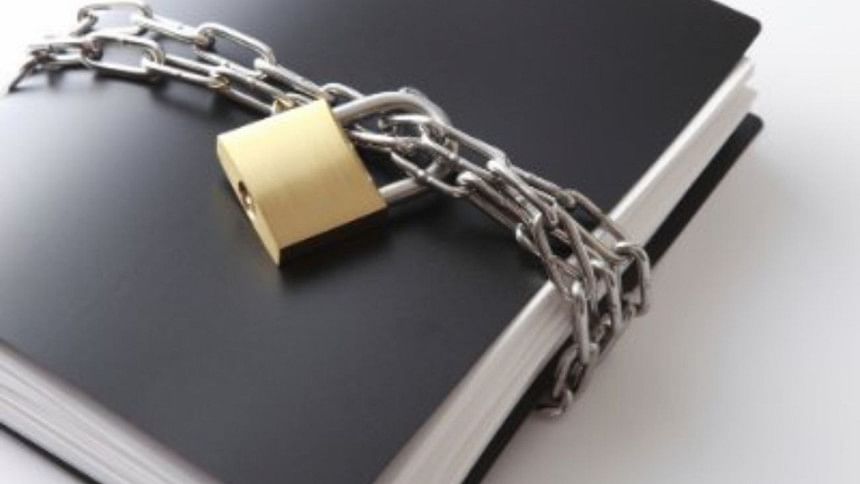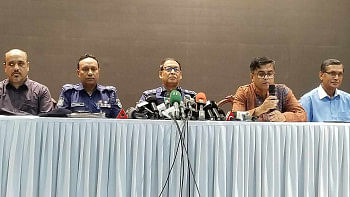Right to Information - A catalyst for change

Talking to citizen's groups in different parts of the country recently, two things came out clearly. One, there is a slow but steady increase in awareness about the RTI Act, permeating to different strata of society. And two, only a few understand the basic objectives of the law and its underlying philosophy.
Among those who are aware, the disadvantaged and marginalised groups see the RTI Act mainly as a useful instrument to access rightful claims under government's safety-net programmes. The middle and educated classes use the law more for matters of personal interest than for larger issues discussed below. The rest, except for a few, think there are better ways to obtain information from the government and would rather avoid dealing with it.
Such attitudes stem from a lack of understanding of the basic philosophy of transparency laws as they evolved after World War II, which is to serve as a catalyst for change from restrictive to more open government. The Bangladesh RTI Act is similarly geared towards changing the culture of secretive governance inherited from colonial times. The goal is to replace it with more open, responsive, law-based and citizen-friendly rule. In democracy, where citizens are arbiters of all powers of the state, this must be the ideal.
This explains why RTI is often referred to as open records or sunshine law; the former because all government records must be open to citizens as owners of the state while the latter stems from the notion of shining the light of public access on deliberations/meetings/records of the government formerly held behind closed doors. This can be done by opening up government activities to public gaze.
This, however, can only happen through a systemic change in governance. Is the RTI Act 2009 contributing to such change? Is the law being used for more than simply obtaining mundane information from public offices, not easily accessible before? Is the government becoming more sensitive to peoples' concerns? Are government responses more prompt and effective? Are public officials more courteous even to the most ordinary citizen? Is corruption in public offices lessening?
These are, of course, long term goals. The real question perhaps should be: are the seeds of change being sown? For the answer, we scoured through decisions of the Information Commission of Bangladesh (ICB) over the years. The results, unfortunately, are not very encouraging. The country is still in the learning mode in which a demand-side has begun to sprout, however slowly, and the supply-side is painfully becoming used to the fact that it can no longer ignore peoples' demand for access to government-held records. Systemic change in governance is, therefore, still a far cry.
But there are signs of hope. The examples below may perhaps be seen as the proverbial light at the end of the tunnel. Three of them are taken from ICB decisions. The other, resolved without the latter's involvement, was reported in the press.
RTI exposes corruption and leads to legal redress: This is one of the earlier cases dealt with by ICB in 2010. The Bangladesh Environmental Law Association (BELA) had addressed an RTI application to RAJUK, the city development authority, seeking information on the construction of a high-rise building in a prominent place in Dhaka, known as the BGMEA Tower. It ended up as a complaint case before the ICB, as there was no response to initial application or to subsequent appeal. Even at the complaint stage, RAJUK refused to entertain IC order to release information sought by BELA. This led to the issuance of a legal notice to the chairperson of RAJUK, which finally released the requested information to BELA.
The information revealed that the BGMEA Tower was built on government land without fulfillment of conditions attached and permission from RAJUK. Following this, a case was filed in the High Court where the information was used as evidence of illegal construction of the tower. The court ordered its demolition for violation of several laws. The case raised public awareness, and while the demolition remains blocked by subsequent legal suits, the building stands as a stark reminder of corruption at high levels and the need for public vigilance.
RTI helps implement minimum wage in shrimp processing industry: This 2011 complaint case dealt with by ICB began with an application made by Asad, an employee of an NGO, named SAFE, engaged in monitoring implementation of minimum wage rules for workers in the shrimp processing industry. Through an RTI application to the Designated Officer (DO) of the Department of Labour in Khulna, Asad asked how many shrimp processing plants in the region had implemented the minimum wage rules of the government. He wanted to identify those that didn't implement the rules, for subsequent advocacy efforts. Not getting a response to the initial application and being dissatisfied with partial and incorrect information provided at the appeal stage, Asad complained to ICB. Following several hearings, he obtained an order from ICB directing the Labour Department to provide complete and accurate information. It revealed that not all plants followed the rules and many workers were denied the minimum wage. Since then, the situation changed and the workers reportedly received full entitlements.
RTI unearths illegal occupation of public property leading to eviction order: In this 2014 case, an RTI applicant, Mr. Arup Roy, asked the Designated Officer (DO) of the Bangladesh Water Development Board for information on a large piece of land to learn if the Board had leased it to any person or institution. Not getting any response from the DO or the appeal authority, he complained to ICB. On the day of the complaint hearing, the lawyer of the Board revealed that the land indeed belonged to the Board and was under illegal occupation. The ICB ordered the Board to take necessary measures for eviction of illegal occupants.
RTI uncovers scam and leads to punitive measures against bank officials: This is another 2014 case, widely reported in the press. It centered around efforts of an NGO, Udayankur Sheba Sanghsta (USS), of Nilphamari District in North Bengal. USS is engaged in poverty alleviation activities, inter alia, through peoples' collective self-help efforts. In a monthly group meeting, participants learnt that some fellow members had received gratuitous money, amounting to Tk 1000 each, from the local branch of Sonali Bank. These were apparently "beggar loans," approved under a bank scheme and would not require repayment. The recipients were, however, made to sign a form where one of them saw an amount of Tk 27,000 inscribed on it. As this raised suspicion, the group discussed the matter with other groups to discover that some 111 persons had received similar amounts under a similar manner. Upon further enquiry, they learnt that Sonali Bank had indeed launched a programme called "Swanirbhor (self-reliant) Bangladesh" to provide loans, between Tk 5000 to Tk 30000, to indigent people for income generation activities. The group thus realised that they had become victims of a scam and would be required to repay the large loans they had inadvertently signed for. However, since they were aware of the RTI Act, they made 111 RTI applications to the DO of the concerned branch of the bank. They soon received responses showing that each of them owed between Tk. 10,000 to 30,000 to the bank. The noise and demonstrations that followed resulted in Sonali Bank appointing an investigation committee which unearthed the scam. Thereupon, the Bangladesh Bank issued an order for recovery of the scammed amounts from guilty officials and employees.
Do these examples indicate a beginning of systemic change? We leave it to the readers to ponder upon. But surely real change will come when more citizens use the RTI Act to accelerate the process.
The writers are Chairman, Research Initiatives, Bangladesh (RIB) and Project Coordinator (RTI section) of RIB respectively. They can be reached at [email protected].

 For all latest news, follow The Daily Star's Google News channel.
For all latest news, follow The Daily Star's Google News channel. 



Comments